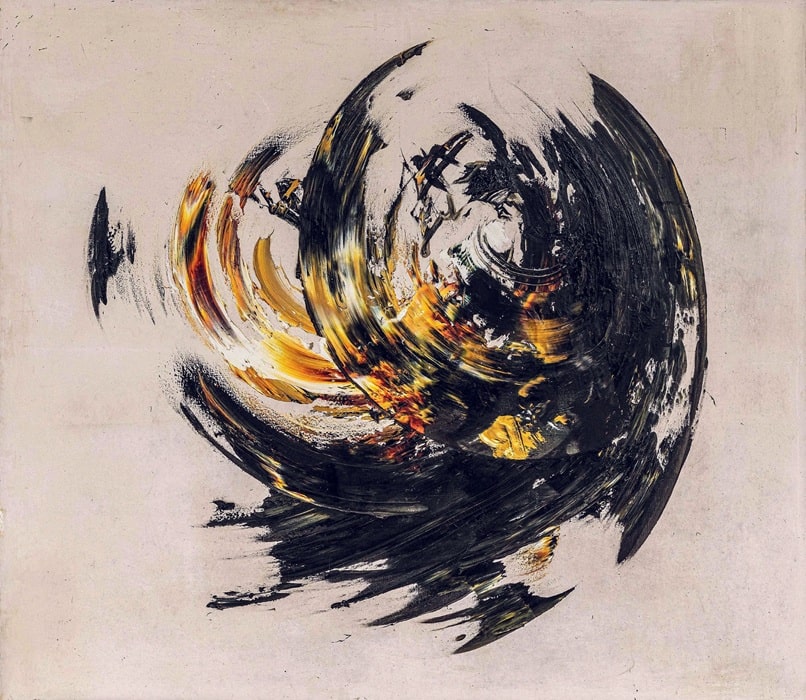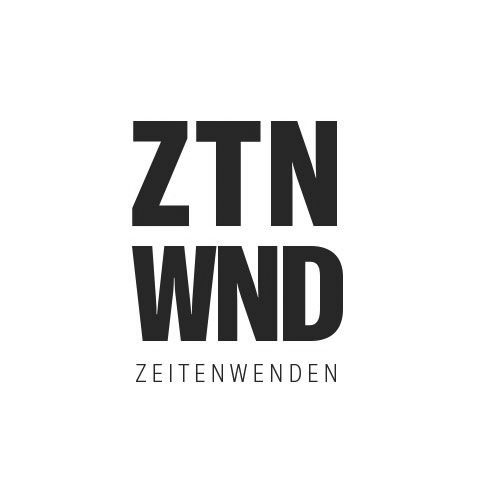With its exhibition “InformELLE Künstlerinnen der 1950er/60er-Jahre” (Informal Female Artists of the 1950s/60s), the Emil Schumacher Museum has been presenting a long-overdue show since August 31, 2025, offering a new perspective on Informel art and showcasing female artists who have had a significant influence on this abstract movement. On display are over 90 major works by 14 painters and two sculptors. The aim is to expand the art-historical canon to include long-overlooked positions of female artists. The exhibition can be seen in Hagen until January 11, 2026.
Image above: Judit Reigl, Centre de dominance, 1959, Öl auf Leinwand, 156,5 x 179 cm, Privatsammlung, Paris, © VG Bild-Kunst, Bonn 2025, Foto: Galerie Dina Vierny, Paris.
An accompanying program of events will take place alongside the exhibition. A new feature is the “InformELLEn Abende” (Informal Evenings), which will be held on the first Tuesday of every month. The format creates space for exchange, encounters, and in-depth discussions. Art is understood as an impulse to bring people together, explore new topics, and enable personal experiences. The program is diverse and offers different ways to engage with the exhibition: from short tours followed by get-togethers to film screenings with discussions and creative workshops. What all events have in common is their focus on the exhibition “InformELLE Künstlerinnen der 1950er/60er-Jahre” (InformELLE Female Artists of the 1950s/60s) in an open and informal atmosphere.
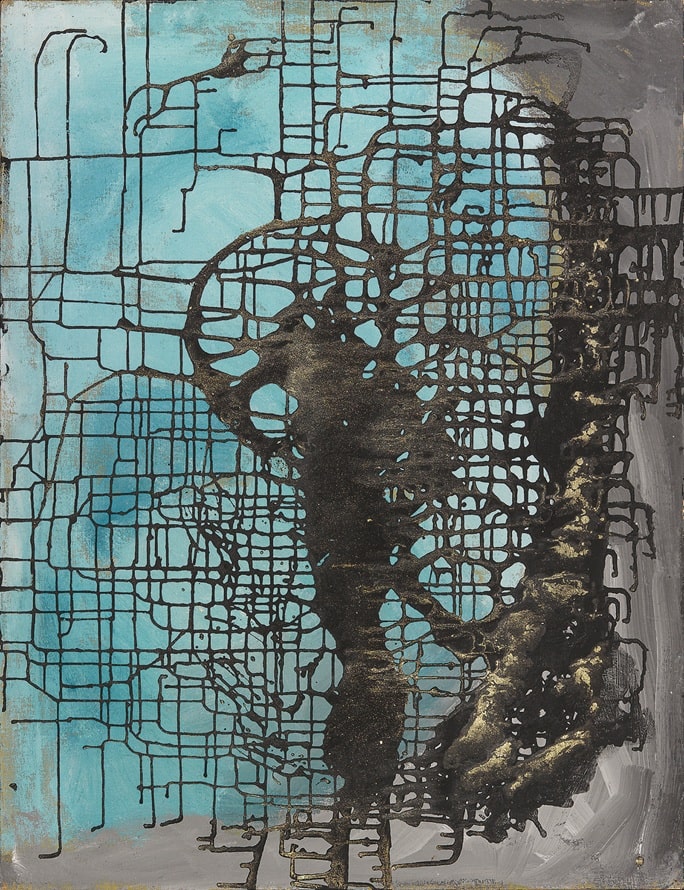
InformELLE Abende program
October 7, 2025, 6:00–9:00 pm
Babylon Cinema at ESM
Maria Lassnig: “KANTATE” and “SLEEPING WITH A TIGER” (2024)
The film “Sleeping with a Tiger” (2024) provides insights into the life of Austrian artist Maria Lassnig, whose paintings are featured in the exhibition. Lassnig was also active as a media artist and made short films in which she describes herself, such as “Kantate,” released in 1992. The evening will feature a short introduction followed by a screening, highlighting both the world of film production and the artist’s biography.
November 4, 2025, 6:00–9:00 pm
Babylon Cinema at ESM
MARY BAUERMEISTER. ONE AND ONE IS THREE (2020)
Mary Bauermeister is one of the youngest artists featured in the exhibition. She began her career in the 1950s with an informal phase. Today, Bauermeister is considered the “mother of the Fluxus movement.” The documentary provides insights into the life and work of Mary Bauermeister, her connection to the famous composer Karlheinz Stockhausen, and other important personalities she encountered and who regularly visited her studio.
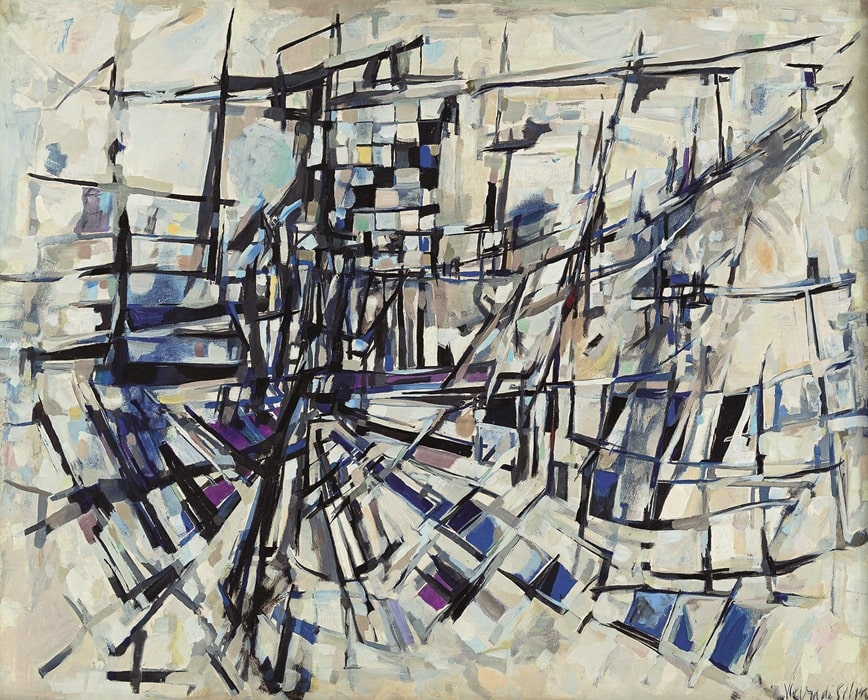
December 2, 2025, 6:30–8:30 pm
Impulse lecture followed by a get-together
The 1950s/60s: And then what happened?
Rosemarie Trockel and Sandra Vásquez de la Horra belong to a new generation of female artists who have already been able to take advantage of other opportunities in their careers. In a current intervention in the collection presentation “Durchbruch II” (Breakthrough II), works by both artists and other contemporary positions can be seen as a complementary perspective on the current generation. After visiting the exhibition, there will be an opportunity to engage in conversation over a glass of mulled wine or punch.
January 6, 2026, 6:30–8:30 pm
Open discussion
Resistance, change, and reality
On the last Tuesday before the end of the exhibition, we want to look back and ahead in an open discussion to which guests from the arts and culture sector are invited: What opportunities do artists currently have? Are art and culture really more progressive on the issue of gender equality than other areas of society? Together with the audience, we will take a look at current trends.
About the exhibition
From August 31, 2025, to January 11, 2026, the Emil Schumacher Museum honors “InformELLE Female Artists of the 1950s/60s” with an extensive special exhibition.
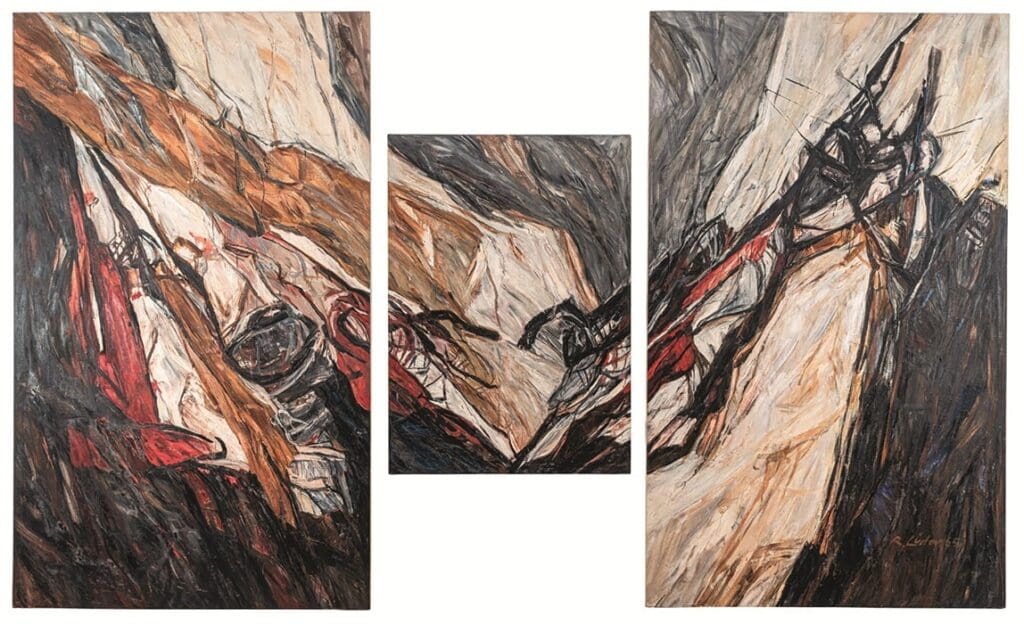
This long-overdue exhibition at the only museum dedicated to an artist of the Informel movement in the entire German-speaking world takes a fresh look at Informel art and presents female artists who have had a significant influence on this abstract movement. Around 80 high-caliber works by 14 painters and 2 sculptors are on display. The aim is to expand the art-historical canon to include long-overlooked positions of female artists.
Informel developed after World War II to become the dominant art movement in Europe, parallel to Abstract Expressionism in the USA. Detached from classical principles of form and design, the open creative process was at the heart of the works. Among the exhibits are discoveries such as the early work of Sarah Schumann, who also championed feminist art history as curator of the pioneering exhibition “Künstlerinnen International 1877–1977” (Women Artists International 1877–1977).
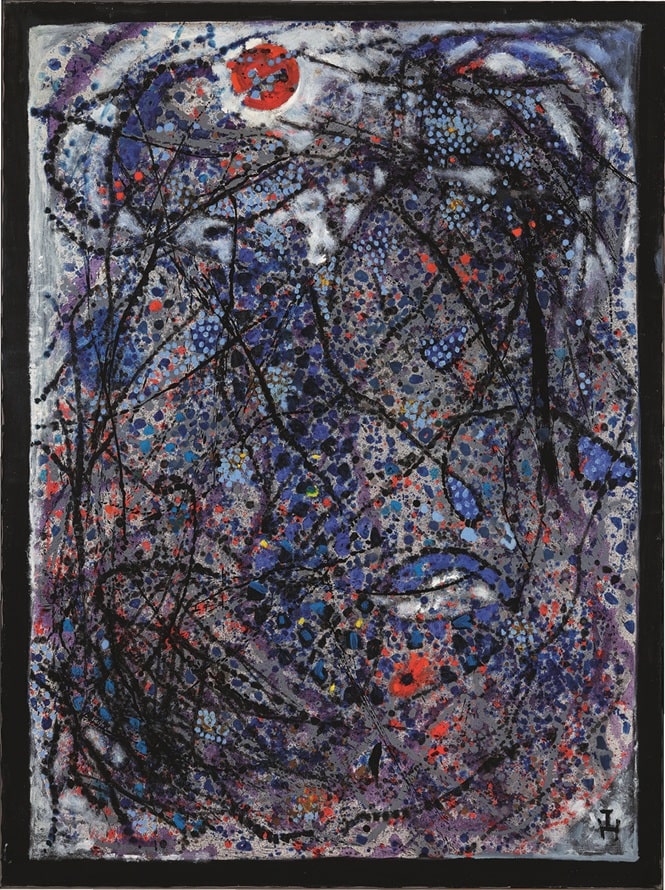
Maria Helena Vieira da Silva, one of the most important painters of the 20th century, is also one of the few female artists from the very first documenta exhibition. Roswitha Lüder is the last surviving member of the group. To mark her 90th birthday on August 19 this year, the Emil Schumacher Museum is dedicating a special presentation to her within the exhibition. Her print cycles on the Epic of Gilgamesh and the figure of Salome from the 1950s will be shown in cabinets. In addition, actresses Johanna Polley (1992) and Camilla Pölzer (1994) will perform Oscar Wilde’s “Salome” in a performative theater evening between feminist interpretation and patriarchal narrative tradition in the middle of the exhibition.
With works by Mary Bauermeister, Chow Chung-cheng, Helen Dahm, Natalia Dumitresco, Juana Francés, Sigrid Kopfermann, Maria Lassnig, Roswitha Lüder, Brigitte Meier-Denninghoff, Judit Reigl, Marie-Louise von Rogister, Christa von Schnitzler, Sarah Schumann, Soshana, Hedwig Thun, and Maria Helena Vieira da Silva.
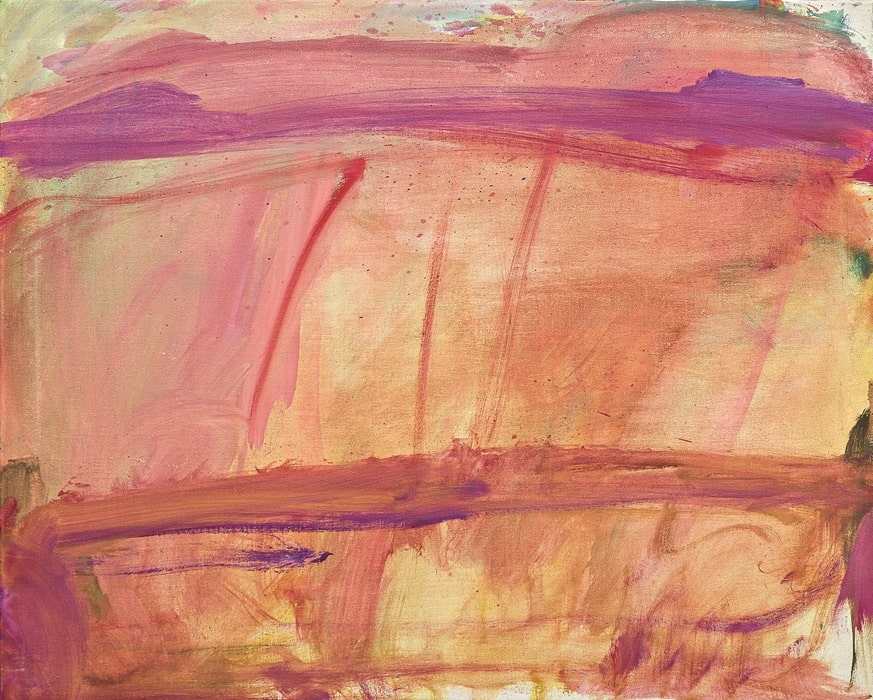
The exhibition is a collaboration between Hessen Kassel Heritage, Kunsthalle Schweinfurt, and the Emil Schumacher Museum, in cooperation with the Research Center for Informal Art at the Art History Institute of the University of Bonn. Curators: Ulrich Etscheit, Dorothee Gerkens, Roland Knieg, and Rouven Lotz (for Hagen).
The exhibition has been made possible thanks to the generous support of the Ministry of Culture and Science of North Rhine-Westphalia and the Ernst von Siemens Art Foundation.
WHEN?
Exhibition period: Sunday, 31. August 2025 until Sunday, 11. January 2026
Opening hours:
Tue – Sun: noon-6 pm
Closed on Mondays
WHERE?
Emil Schumacher Museum
Museumsplatz 1
58095 Hagen
COSTS?
Regular: 8 EUR
Reduced: 4,50 EUR


